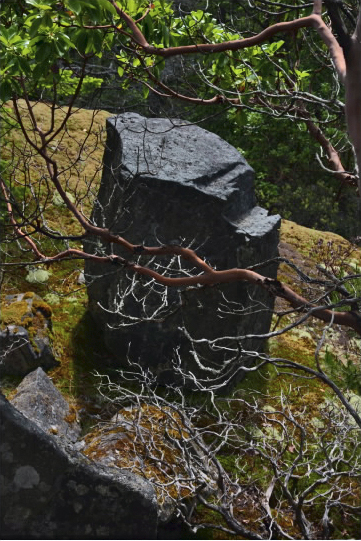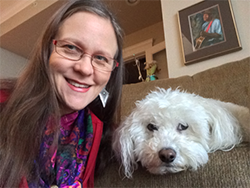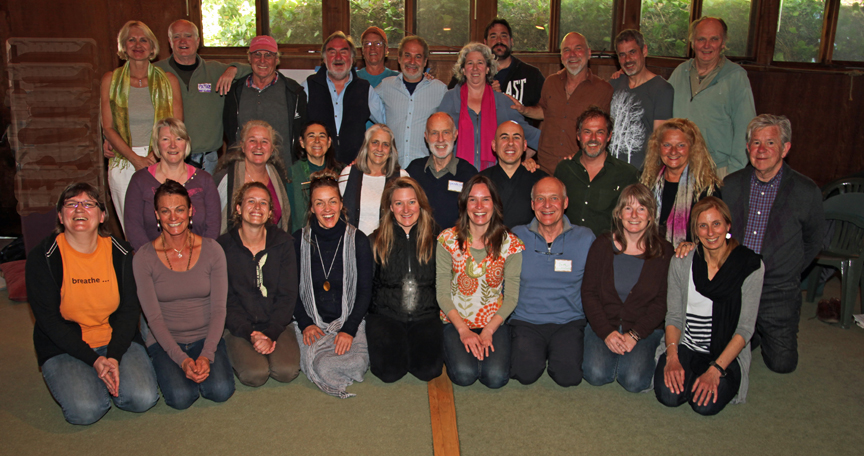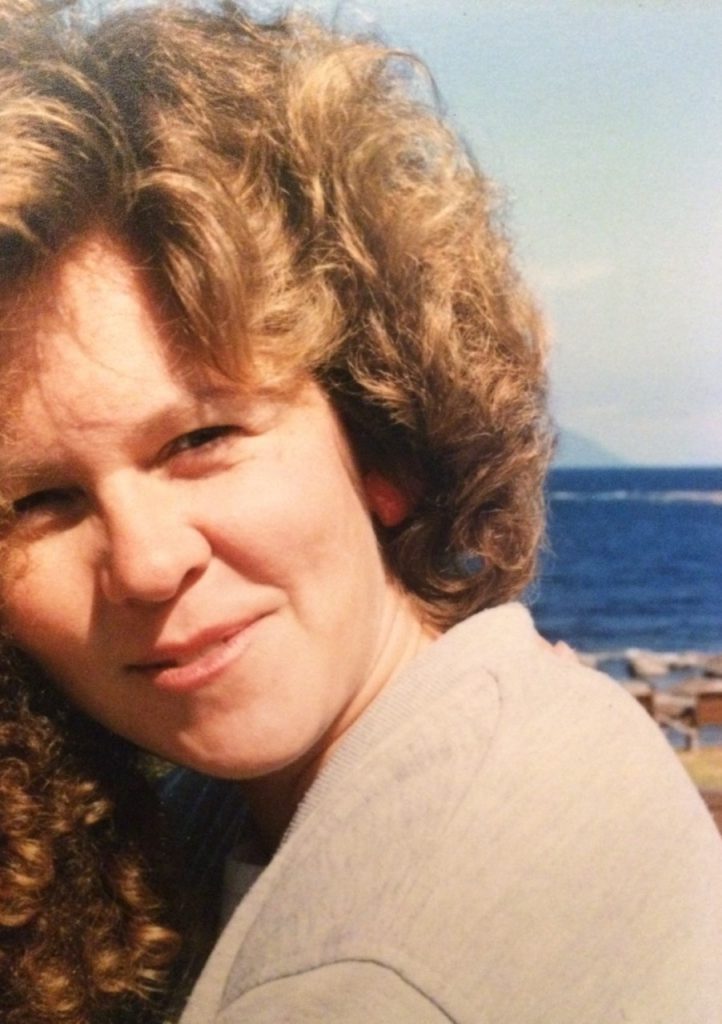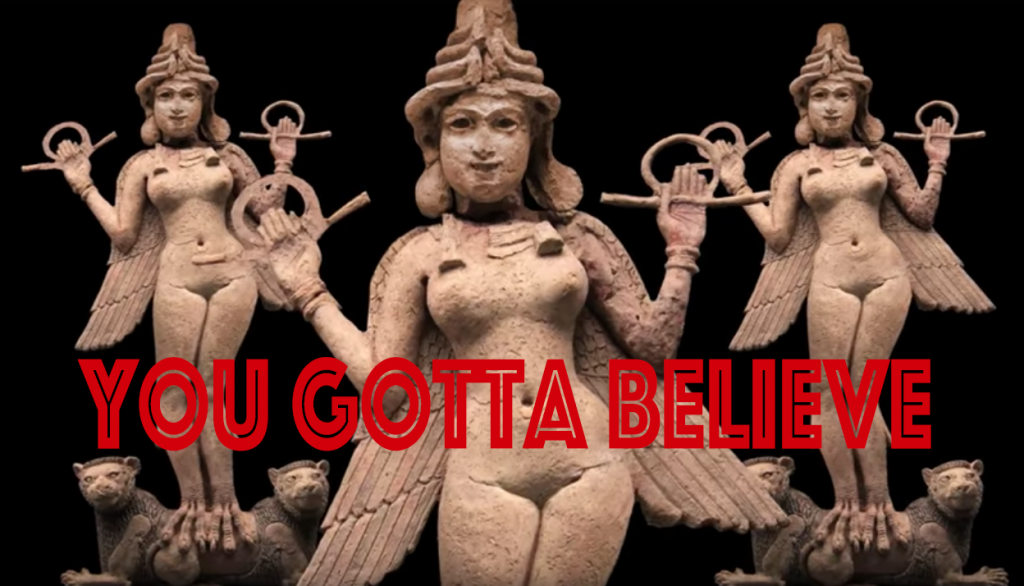Buddhism and The Haven: A Personal View
By Cindy O’Dell. Cindy is one of The Haven’s registrars and an intern in The Haven’s training program.
In the process of gathering information on the current and potential participant base for a recent Haven marketing study, I brought in a Buddhist magazine, The Shambhala Sun, for Rachel (The Haven’s executive director) to check out. As a result we started talking about ways that Buddhist practice interfaces with Haven practice. Rachel asked if I would write a piece for the Shen from my point of view.
I heard myself tell a participant in a recent Come Alive that I find it challenging to bring myself forward. This is partially because in any group, I’ll somehow make myself different and outside of everybody else’s experience. As a child, I did seem weird and other-than the rest of my large family. That being said, since coming to work at The Haven, I’ve hidden my Buddhist practice as though it’s outside what The Haven does, which of course fits nicely into my belief that I am different and outside of the “norm”. But it didn’t start there. I did it at the Bon Buddhist sangha, too. Even as I embraced the mantras and visualizations, I wanted something different. I longed for a method of communication I found lacking in that context.
The terminology around objectifying others I’d heard before, but I truly embodied the process at The Haven, and finally “got” that what I keep doing is objectifying myself. What’s happened is a seesaw affect that keeps me a Buddhist-other when I’m in Haven territory and a Haven-other when I’m in Buddhist territory.
Once I caught onto my tendency to keep objectifying myself in other-than land, and often confused and in doubt, outside of both, I became more interested in how these two spiritual paths truly compliment each other. Which isn’t surprising. It’s no secret that Haven teaching principles are founded partially on Zen, Taoist and Chinese medical philosophy and practice. But what does surprise me, is publicly asking a question that I’ve hardly had the opportunity to ask myself. Regardless of the answer, I’m just practicing coming forward more, out of other-than land. So how does my Buddhist practice and what I’ve learnt at The Haven co-exist?
I think fundamentally both paths support the foundation of a search – a state of curiosity and potential. I’ve heard bad press at The Haven about religion, whatever that means, because what I do does not feel like a religion to me. Those moments I’ve heard described by Cathy McNally as a settling, that feeling of openness, or non-division when we’ve deepened a connection with someone because we had the courage to ask about another person’s experience and we’ve stayed in even when what we’ve heard doesn’t match our truth; it’s my belief that my Buddhist practice can strengthen and prolong that openness. How? Well, it’s an engaging, ongoing and open question.
I was inspired to read Peter Levine’s book In An Unspoken Voice, after taking “Body Breath & Energy” a program at The Haven led by Linda Nicholls and David Raithby. Levine works with trauma patients and writes about learning to hear the unspoken voice of the body and Linda and David teach how to do this kind of work while in relationship with others, in groups. Levine writes, “If we can go underneath the overwhelming emotions and touch into physical sensations something quite profound occurs in our organism – there is a sense of flow, of coming home. This is a truth central to several ancient spiritual traditions particularly certain traditions in Tibetan Buddhism.”
I think The Haven teaches the mechanics, helping us to recognize what keeps us from that sense of flow and openness. People coming from a background in Buddhist teachings would highly benefit from what The Haven has to offer. But what has the precedent been? Why don’t we see more Buddhist practitioners doing this kind of work? I’ve found it very effective for recognizing where I’m stuck, for insight into my blind spots. I don’t know how else I could’ve plunged into the heart of objectifying myself and unraveled it. Tenzin Wangyal Rinpoche says if you don’t recognize your obstacles you don’t search for a means to work with them. In his book, Tibetan Sound Healing, he writes about supporting a shift toward trusting in a more fundamental experience of us, that our positive qualities are already there. By connecting to these qualities in my heart, I can connect with those qualities in others. Sound healing makes sense to me, but I don’t always understand why I resonate with this Bon Buddhist teacher and I’m sometimes overwhelmed by how much I’ve learned as a Haven participant and staff member. And for now I’m just happy being curious, a non-resident of other-than land. Asking myself how do these practices co-exist? How do they agree and disagree? How warm or cold is their attitude toward each other? What are their values and beliefs? Have they checked out their assumptions? What is their relationship? Because undeniably, they’re both deeply committed subjects.

